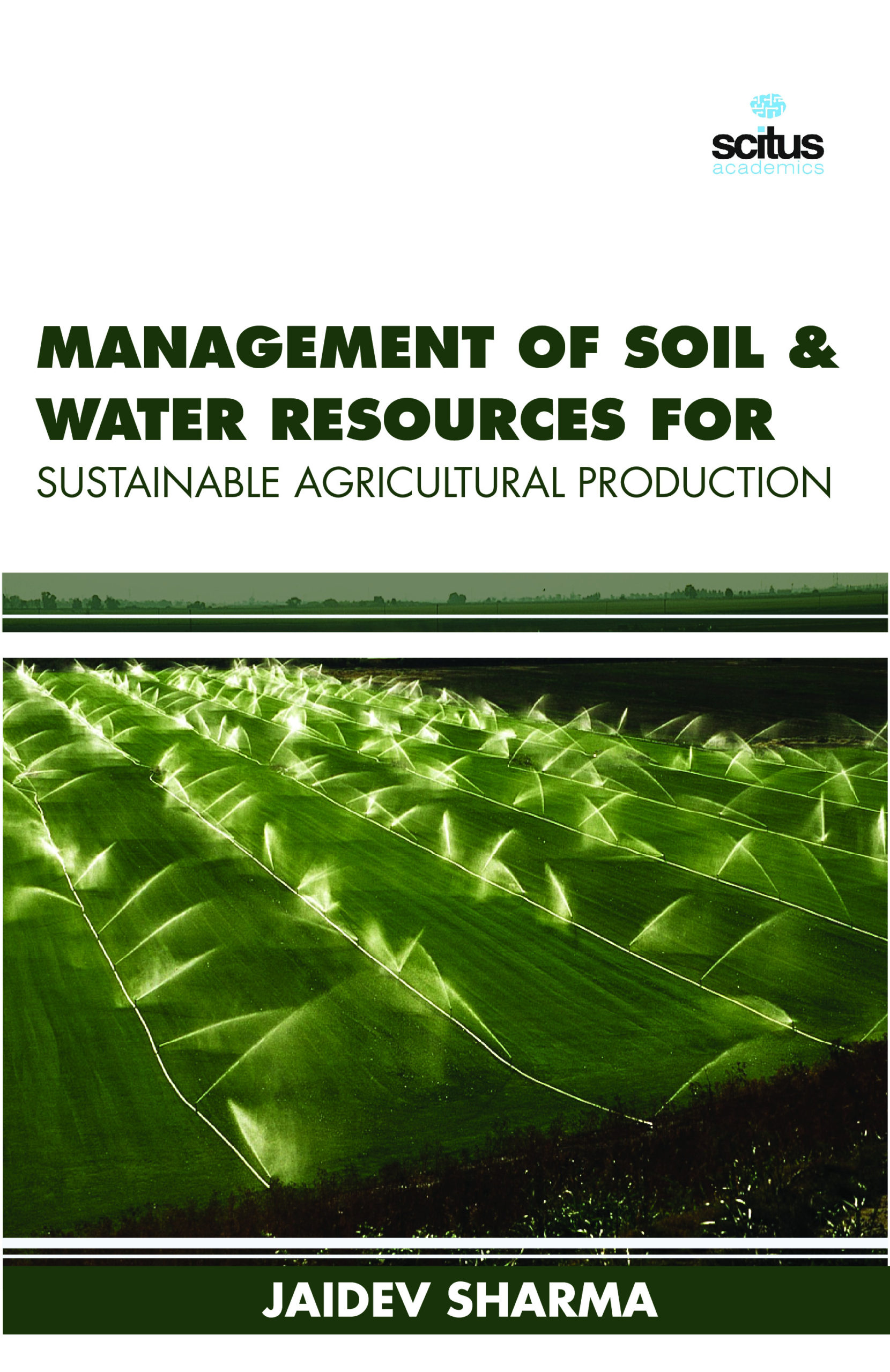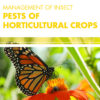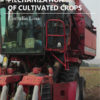Sustainable agriculture is the act of farming using principles of ecology, the study of relationships between organisms and their environment. It has been defined as “an integrated system of plant and animal production practices having a site-specific application that will last over the long term”. Sustainable agriculture can be understood as an ecosystem approach to agriculture. Practices that can cause long-term damage to soil include excessive tilling of the soil and irrigation without adequate drainage. Long-term experiments have provided some of the best data on how various practices affect soil properties essential to sustainability. In the United States a federal agency, USDA-Natural Resources Conservation Service, specializes in providing technical and financial assistance for those interested in pursuing natural resource conservation and production agriculture as compatible goals. The most important factors for an individual site are sun, air, soil, nutrients, and water. Of the five, water and soil quality and quantity are most amenable to human intervention through time and labor. Although air and sunlight are available everywhere on Earth, crops also depend on soil nutrients and the availability of water. When farmers grow and harvest crops, they remove some of these nutrients from the soil. Without replenishment, land suffers from nutrient depletion and becomes either unusable or suffers from reduced yields. Sustainable agriculture depends on replenishing the soil while minimizing the use or need of non-renewable resources, such as natural gas used in converting atmospheric nitrogen into synthetic fertilizer, or mineral ores.













